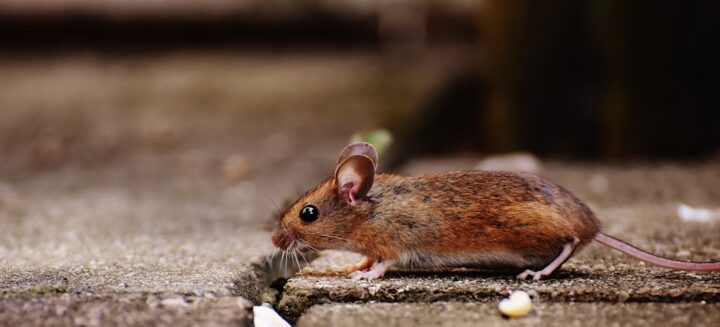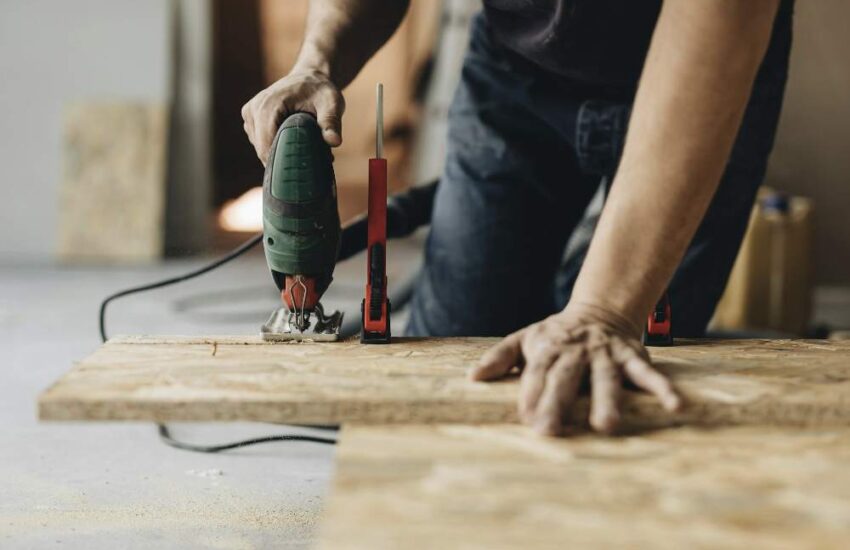Rodent Infestation Awareness: Identification, Hazards, and Proactive Solutions
Orlando, known as “The City Beautiful,” is a vibrant metropolis in central Florida, famous for its world-renowned theme parks, including Walt Disney World and Universal Studios. This bustling city is a top tourist destination and a hub of rich cultural diversity, offering a mix of entertainment, arts, and outdoor activities.
Rodents, including mice and rats, are common urban pests that pose health risks and property damage, requiring effective control measures to maintain a safe and hygienic environment.
Rodent infestations are a critical concern for homeowners and businesses, especially in densely populated areas like Orlando. Effective Orlando rodent control is not just about eliminating current infestations but also involves a deep understanding of rodent behavior and proactive prevention strategies.

This article explores rodent infestation awareness, including identification techniques, understanding the risks, and implementing effective solutions. The goal is to equip property owners with the knowledge to manage and prevent rodent problems effectively.
Identifying Signs of Rodent Infestation
Early detection of a rodent infestation is crucial for effective control. Key signs include droppings, which are small and dark, often found in concentrated areas where rodents feed or nest. Gnaw marks on food packages, furniture, or wiring are also telltale signs.
Another indicator is the distinctive sound of rodents moving or scratching, particularly at night when they are most active. Unusual pet behavior can also be a clue, as pets may become excited or agitated in response to rodent presence. Identifying these signs early can significantly aid in timely and effective rodent control.
Understanding the Hazards of Rodent Infestations
The hazards posed by rodent infestations extend beyond mere nuisance. Health risks are a primary concern, as rodents can carry diseases transmissible to humans, including hantavirus, leptospirosis, and salmonella.
They can contaminate food sources and kitchen surfaces with their droppings and urine. Moreover, rodents pose a significant threat to property.
They have a tendency to gnaw on various materials, potentially causing structural damage, and can even chew through electrical wiring, creating fire hazards. Understanding these risks underlines the importance of prompt action in rodent control.
Proactive Housekeeping and Sanitation Measures
Maintaining high standards of cleanliness is one of the most effective ways to prevent rodent infestations. Regular cleaning routines, including sweeping and vacuuming, can eliminate potential food sources for rodents.
Proper food storage in sealed containers and garbage disposal in tightly closed bins are critical practices. Reducing clutter, especially in storage areas like basements or attics, minimizes rodent hiding places. These sanitation measures can significantly decrease the likelihood of attracting rodents into homes or businesses.
Structural Modifications to Deter Rodents
Structural modifications are a proactive way to prevent rodents from entering buildings. Sealing off entry points such as holes in walls, gaps under doors, and openings around pipes is essential. Materials like steel wool, metal sheeting, or cement can be used to block these entry points effectively.
Ensuring that vents are covered with rodent-proof mesh can also prevent access. Regular maintenance to check for and repair any new or existing vulnerabilities in the structure is crucial in keeping rodents out.
The Role of Traps and Baits in Rodent Control
Traps and baits play a significant role in rodent control. Different traps, such as snap, electronic, and live catch, can be used based on the situation and personal preferences. Baits, when used properly, can effectively lure and control rodent populations.
It’s important to place traps and baits strategically where rodent activity is evident and to check and clear them regularly. Safety considerations should be prioritized, especially in environments with children or pets.
Seeking Professional Rodent Control Assistance
Professional Orlando rodent control services may be the most effective for severe or persistent rodent infestations. Professional exterminators have access to advanced tools and a broad spectrum of strategies beyond what is typically available to the average homeowner.
They can offer tailored solutions based on the specific nature of the infestation and provide advice on long-term prevention strategies. Utilizing professional services can ensure a more thorough and lasting solution to rodent problems.
Community Collaboration in Rodent Control:
Collaborative efforts within the community play a vital role in effective rodent control. Rodents do not recognize property boundaries, making it crucial for neighborhoods to work together in mitigation efforts. This collaboration can involve coordinated clean-up drives to eliminate communal food sources and hiding places for rodents.
Sharing strategies and resources for rodent proofing can also be effective. For instance, a neighborhood-wide agreement to secure garbage bins can collectively reduce the overall attraction for rodents.
Community education campaigns about the importance of rodent control and best practices can increase awareness and participation, leading to a more comprehensive approach to managing rodent populations in the area.
Leveraging Technology for Rodent Control and Monitoring:
Advancements in technology have introduced innovative solutions for rodent control and monitoring. Smart traps and monitoring systems, equipped with sensors, allow for real-time alerts and tracking of rodent activity.
These technologies enable more efficient and timely responses to rodent sightings. They also help gather data about rodent behavior and infestation patterns, which can be invaluable in planning and implementing more effective control strategies.
Additionally, some modern systems offer humane trapping solutions, aligning with ethical considerations in wildlife management. Property owners can leverage these technological tools as part of a comprehensive rodent control strategy, enhancing the effectiveness and efficiency of their efforts.
Conclusion
Addressing rodent infestations effectively requires a comprehensive understanding of rodent behavior, awareness of the associated risks, and implementing of proactive control measures.
In Orlando, rodent control is multifaceted, from early detection and maintaining rigorous sanitation standards to making structural modifications and considering professional assistance. By applying these strategies, homeowners and businesses can effectively manage rodent populations, ensuring a safe and healthy living environment.


